Podcast: Play in new window | Download
Subscribe: RSS
Todd Fithian is a founder of the Legacy Companies, a firm that offers training, consulting, and coaching for advisors. In his role as managing partner, Todd provides the vision and leadership for his team.
Our conversation includes:
- The impact of the global pandemic on advisors
- The stages of the Legacy Advice Model
- The difference between advice and planning
- The challenges of having deeper conversations with clients
- Implementing processes to ensure you’re truly listening to your clients
- How advisors can communicate their differentiators
- How creating an empathetic experience will make you more referable
Todd has over 20 years of experience in the financial services industry, following in the footsteps of three generations. A lifelong entrepreneur, he’s the author of two books, including the best-selling, The Right Side of the Table.
Take away quote:
“Advisors have to lead with empathy so that they can then get further understanding, then they can apply that to the planning. That allows them to be in the best position to deliver world-class advice to their clients.”
Links:
Website: think-legacy.com
Facebook: https://www.facebook.com/ThinkLegacy/
Twitter: https://twitter.com/think_legacy
LinkedIn: https://www.linkedin.com/in/tfithian/
Want more?
Stephen Wershing: http://advisorchecklist.com/blog/
Julie Littlechild: http://www.absoluteengagement.com/blogPlanning
Episode Transcript:
Read More
Julie Littlechild:
Welcome to another episode of Becoming Referable, the podcast that helps you be the kind of advisor people can’t stop talking about. I’m Julie Littlechild, and on this week’s show, Steve and I are joined by Todd Fithian for the second time. Todd is the founder of the Legacy Companies, and it’s a firm that provides training, consulting and coaching for advisors, and his role focuses on vision and leadership for the team. He has over two decades of experience in this industry and is also the author of two books, including the best-selling The Right Side Of The Table. So we talked to Todd about the Legacy Financial Advice Model, and it’s an approach that he believes will be nothing short of revolutionary in terms of client engagement and relationships.
Julie Littlechild:
He explains how this model focuses on a deeper understanding of the value that clients want instead of jumping right into solutions. And we discuss an important difference between planning and advice and his views on why planning by itself isn’t a differentiator. And finally, we examine the skills that advisors will need to develop in order to differentiate themselves and become more referrable. And with that, let’s get straight to our conversation with Todd. Well, Todd, welcome back to Becoming Referable.
Steve Wershing:
Yeah. Welcome, Todd.
Todd Fithian:
Thanks for having me, happy to be back.
Julie Littlechild:
Yeah. Absolutely. The first time you were on it was such a great conversation. We really wanted to get you back. So we’re thrilled that you’re here. Maybe you can just start us off with a quick update on the work that you’ve been doing lately.
Todd Fithian:
Yeah. Thank you, I’d love to. Covid presented some interesting challenges. I think both in our business and in the advisory world, and really challenges that we’ve seen ways in which to turn into opportunities. A couple of things have shown up that have caused us to really help advisors address. Number one is simply the way that advisors have been used to meeting people and interacting with people, finding those new prospects has totally changed in this world, right? In this new environment where we can’t get out and be face to face. And then secondly, just relationship has become more important in this time where even with their existing clients, they actually can’t get out and meet with them and see them and do the annual reviews or whatever it is they were doing the way that they did.
Todd Fithian:
And so they find themselves asking is our relationship as good as we thought it was or needed to be. So a lot of those things have been in question. The last year has been us really partnering and teaming with that community and helping them to meet people more powerfully in this COVID world and also really just understand relationships and how to connect with people, even in this virtual world. So we’ve been doing a lot of things as a response to COVID in this new virtual environment, but we’ve seen great results with advisers businesses growing, actually some growing immensely even during this challenging time. So yeah, that’s been a bit of the shift for us and just a dialed in focus on what’s really happening in their businesses and what matters to them.
Julie Littlechild:
It’s interesting because I hear so many people talk about the pivots and the response to COVID and it usually ends up with a statement like, “But these have always been good principles.” Right? Do you find that as well, that it’s just more of a heightened sense of what we need to do?
Todd Fithian:
Yeah. I think when business is business as normal a lot of times… you know what it’s like. You get your head down, you get into the business and you’re working in that business. I think this time has caused people where they’ve got maybe more time to think than they ever have before, that they’re… I think just up and looking that, yeah, these are good principles, but they’re just becoming more front and center and they’re becoming more aware of them at this point in time. And I think that’s the difference that we’re seeing, that people are more aware of how good is my relationship and what are the things that I can do to be better. So that’s something that’s totally shown up.
Steve Wershing:
Yeah. So Todd, how much of this is responses feedback that they’re getting from clients that make them ask those questions? And how much of it is just breaking the complacency or as you said, just the being a distraction from being in the day-to-day groove?
Todd Fithian:
It’s a good question. And I think the reality is… and you’re seeing this like I am I’m sure, is that there’s… at the same time of COVID happened and there’s all this regulatory pressure and there are all these changes that are happening amongst the industry, right? There’s a lot of feedback that’s also coming back from consumers about what they want and what they’re expecting from the advisor relationship. And so I think it’s really the combination of all of these things coming together at the same time, advisors are reporting to me. I have all these new disclosures and things that I have to now have clients signed to be able to do business and things, but I guess the real thing goes back to the fact that COVID has really, I think, driven what the regulation is about and trying to drive if that makes sense, it’s brought it to the forefront because now they’re like, “Wow, we actually can’t get out and meet and see the people that we’re used to getting out and meeting and seeing.”
Julie Littlechild:
Yeah, that makes sense. Now, you actually developed a model, the Legacy Advice Model. And I think that ties into a lot of what you’re seeing. Can you give us a quick overview of what that is?
Todd Fithian:
Yeah, exactly. This is… what the models comprise of has been the basis of our work at Legacy for years. However, in this period of time, we’re actually doing a large project for a Canadian organization. And it caused us to really think about what we’re doing and what we’re teaching, and what’s happening in the world and things around us. And the outcome of that ended up being this Legacy Advice Model. And what the model consists of is, there are stages that basically can come together to comprise what we’re looking at as advice, or what we’re defining as advice. And the foundational stage of this is really focused on empathy, and the empathy stage is all about where the advisor needs to bring this level of deep care and respect for what the clients want and the vision that the client has for the future.

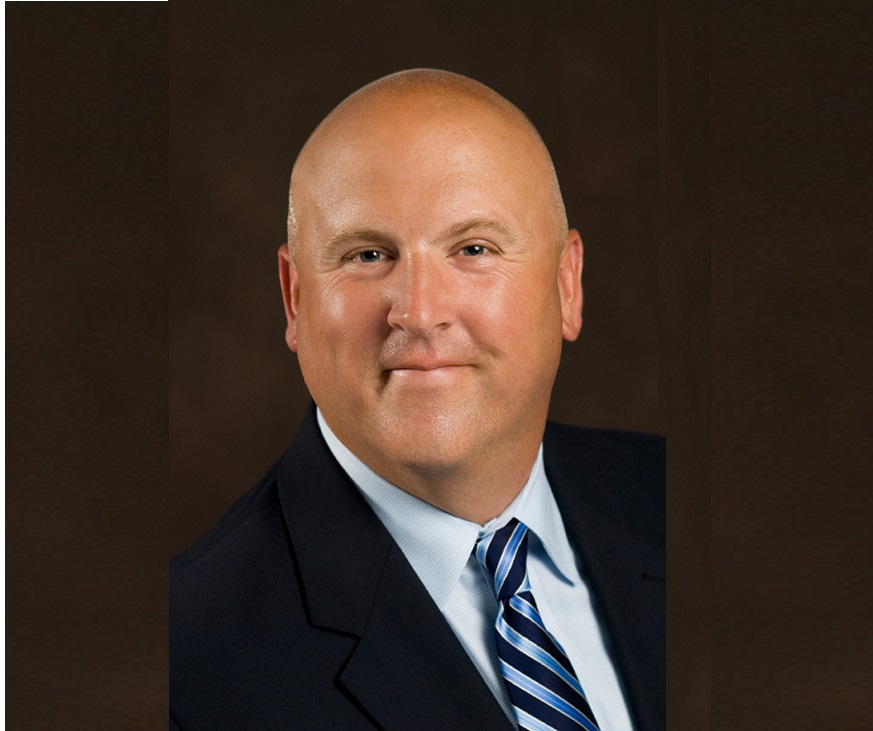
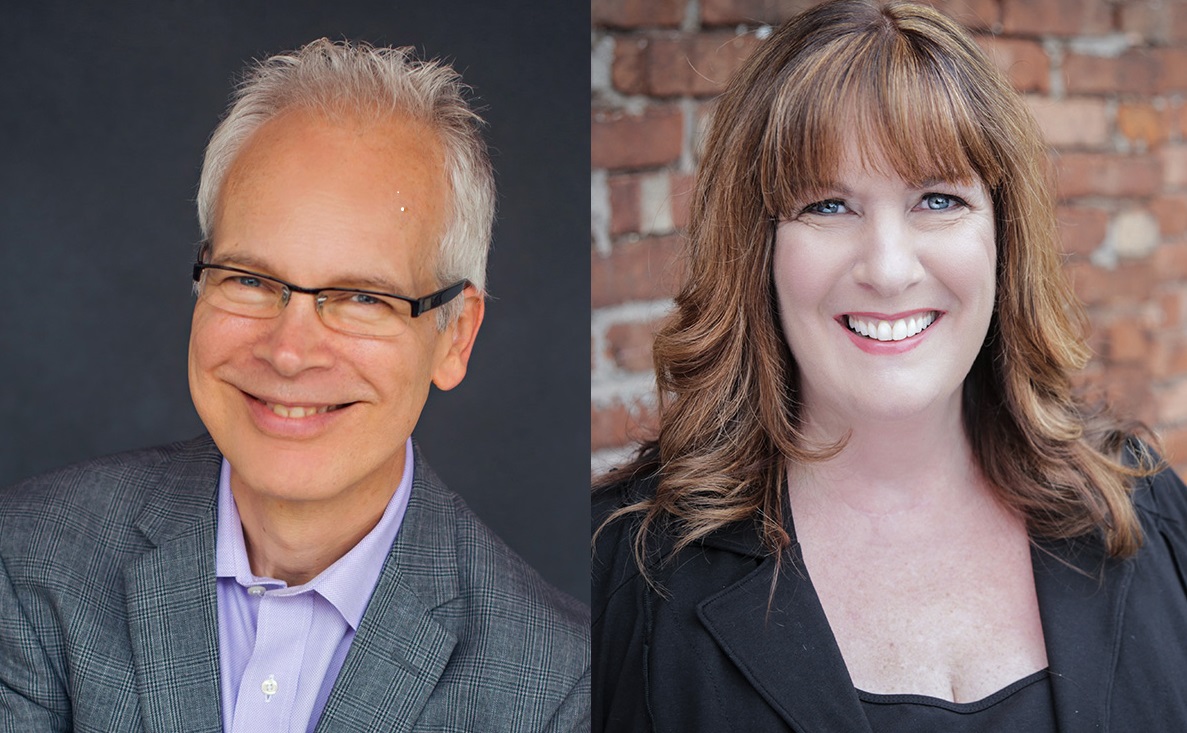
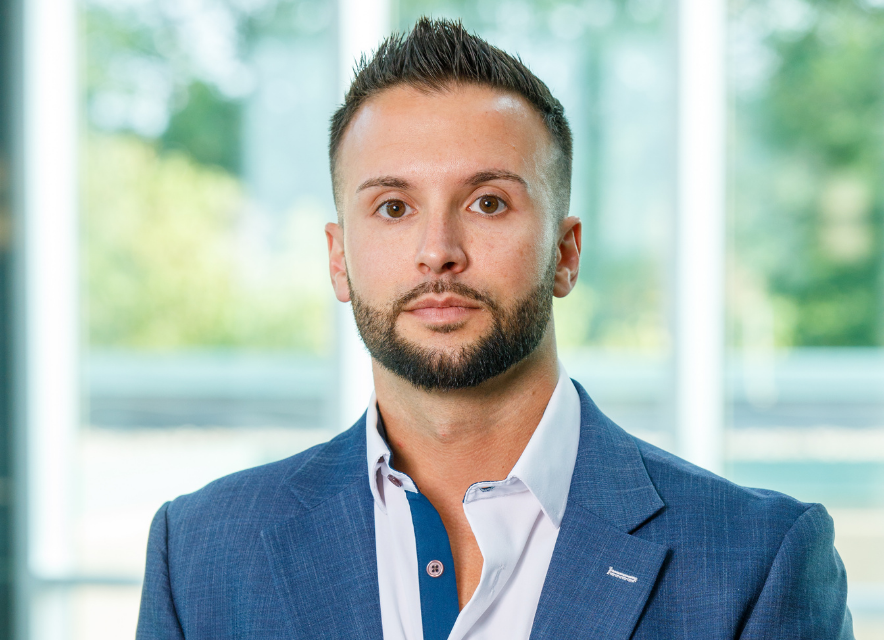
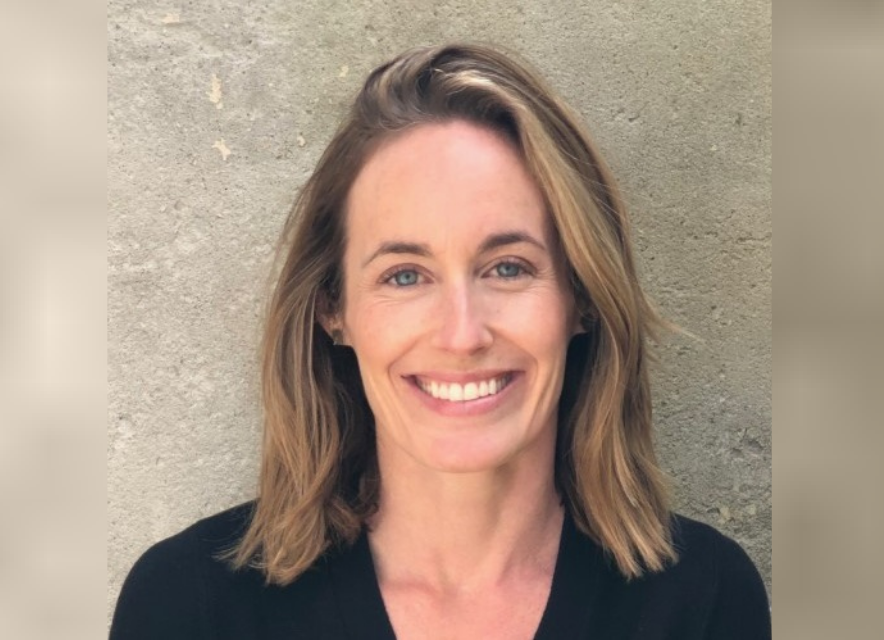
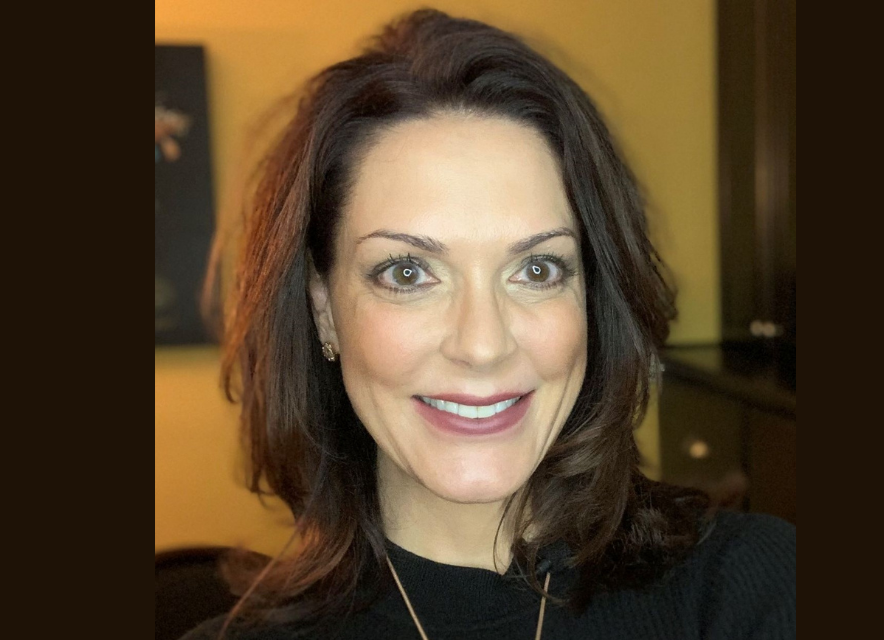
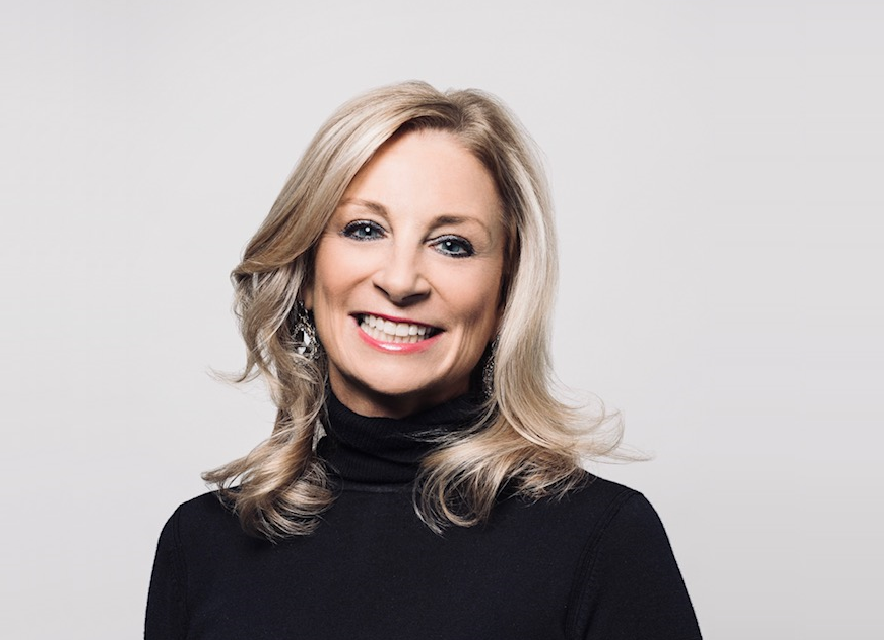
Leave A Comment